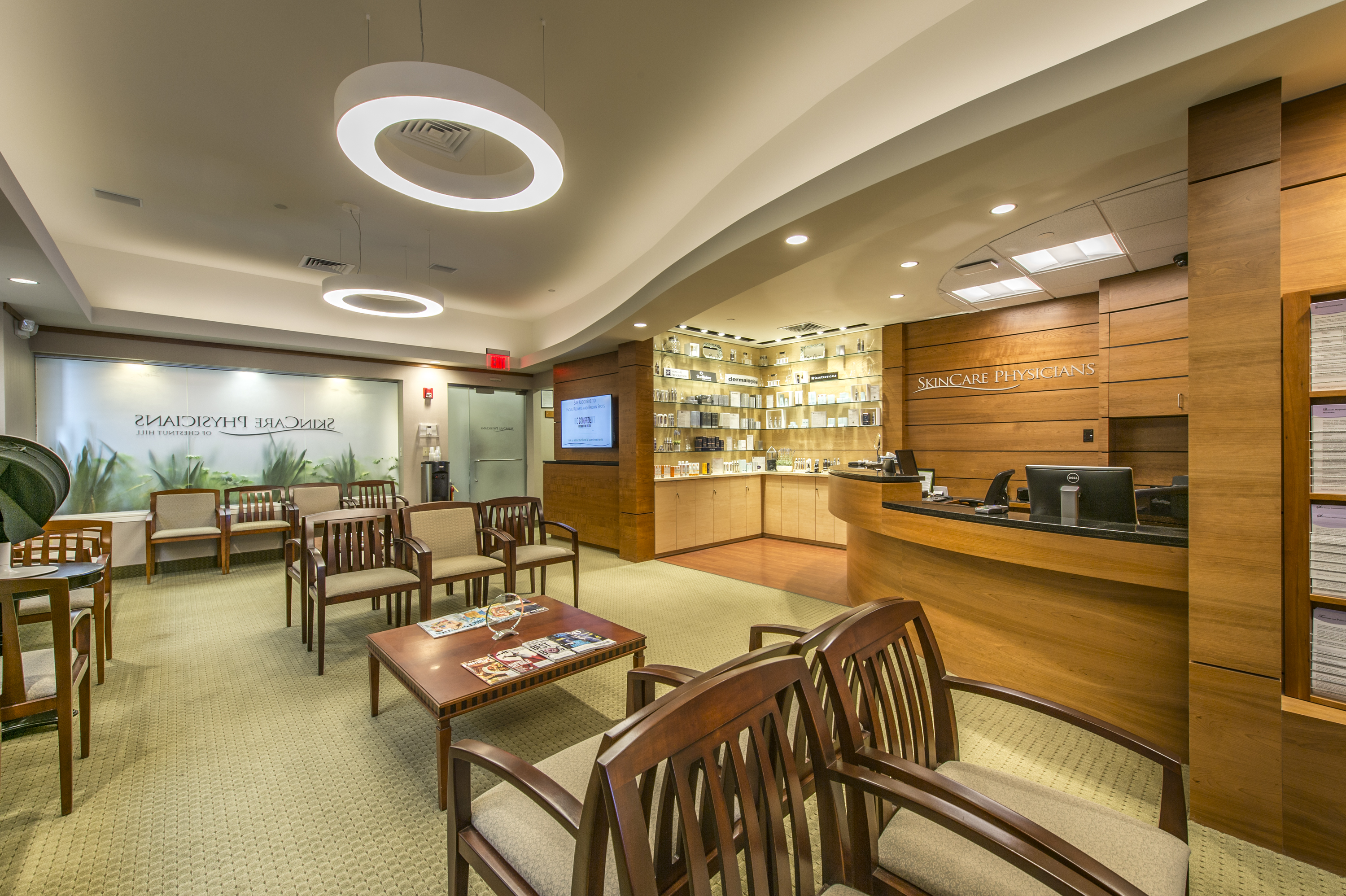- Home
- Blog
- Skin Cancer
- Nicotinamide, a simple vitamin to prevent skin cancer?
Nicotinamide, a simple vitamin to prevent skin cancer?
 Many of Dr. Robin Travers’ patients at SkinCare Physicians ask her if there are any vitamins or supplements they can take to improve the health of their skin. She has answered, honestly, that there aren’t many carefully controlled scientific studies that prove that vitamins have any benefit for the skin. That may be changing!
Many of Dr. Robin Travers’ patients at SkinCare Physicians ask her if there are any vitamins or supplements they can take to improve the health of their skin. She has answered, honestly, that there aren’t many carefully controlled scientific studies that prove that vitamins have any benefit for the skin. That may be changing!
In the ONTRAC (Oral Nicotinamide to Reduce Actinic Cancer) study, Australian researchers showed that nicotinamide, an inexpensive and easily available form of vitamin B3, significantly reduces the incidence of nonmelanoma skin cancers among people who have already had a basal cell carcinoma or squamous cell carcinoma.
The ONTRAC researchers conducted a year-long study of almost 400 high-risk patients who had been diagnosed with at least 2 skin cancers in the 5 years prior to the study. The patients ranged in age from 30 to 90 years old, and 2/3 of them were men. Half of the study group took 500 milligrams of nicotinamide (Vitamin B3) twice daily, while the other half took a placebo. All patients had their skin checked by a dermatologist every 3 months, looking for new skin cancers.
Skin cancer patients who took the nicotinamide twice daily cut their risk of developing a new skin cancer by 23 percent during that year! Actinic keratoses, which are a precursor to squamous cell skin cancers, were also reduced in the nicotinamide-treated patients.
The benefits were not long-lasting, though, and after 12 months off of nicotinamide, no difference between the treated groups was seen. This means that patients needed to keep taking the vitamin to gain the benefit.
Nicotinamide doesn’t act as a sunscreen or sun filter: rather, it prevents ultraviolet light-induced DNA damage and immune suppression. These protective effects may extend to melanoma as well, but these studies are still being performed.
It’s also important to know the difference between nicotinamide and niacin or nicotinic acid. Nicotinamide is an inexpensive dietary supplement that costs less than $10 monthly, and has very few side effects. Niacin/nicotinic acid, on the other hand, can cause uncomfortable facial flushing, headache and a drop in blood pressure.
Skin cancer is the most common form of cancer in the United States, with about 5 million cases treated every year. It is also very clear that having one basal cell or squamous cell skin cancer puts a person at greater risk of developing a second skin cancer: if an inexpensive, safe, daily vitamin pill can reduce that risk, then it may well be worth introducing into your daily routine!
The dermatologists at SkinCare Physicians continue to advise that careful attention to daily sun protection remains THE BEST WAY to prevent skin cancers. Applying daily sunscreens to exposed skin, avoiding midday sun exposure, seeking shade, and wearing wide-brimmed hats and sunglasses remain the mainstays of skin cancer prevention. If you have a history of basal cell or squamous cell skin cancer, introducing this safe vitamin to your daily routine may add additional protection! Visit your dermatologist yearly for a full skin examination to help ensure that new skin cancers are caught early, when they are most easily cured. Call our office today at 617-731-1600 to book your yearly skin check-up.
You may also like:
- At risk for melanoma? Remember your ABCDEs
- Why your new year’s resolutions should include a couple skin exam



Where can I purchase this product?
This is available at any drugstore, or an online source such as Amazon.